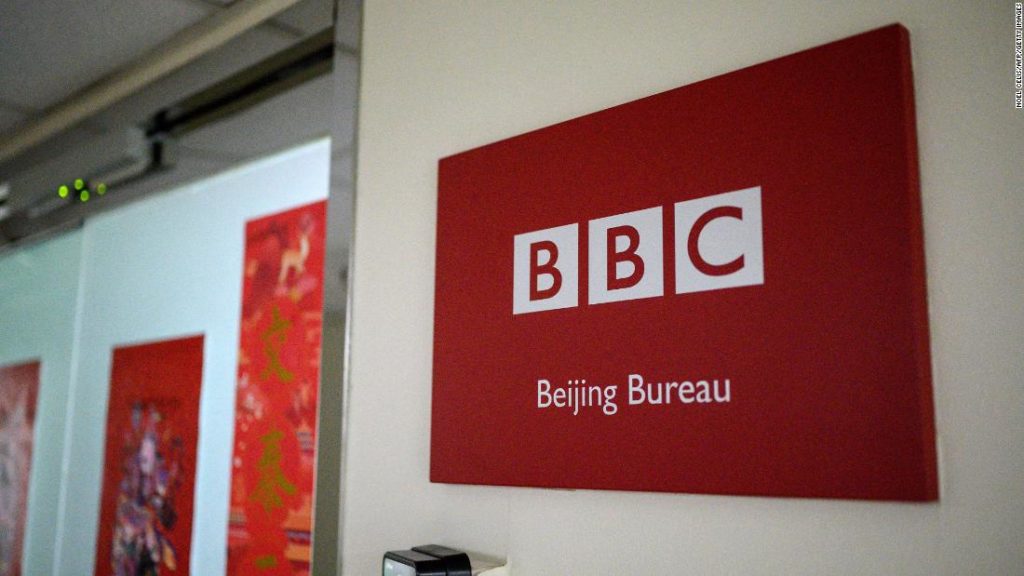BBC News announced John Sudworth’s relocation on Twitter on Wednesday. While the BBC did not elaborate on the exact reason for the move, it said that “John’s work has exposed the truths the Chinese authorities did not want the world to know.”
“The BBC is proud of John’s award-winning reporting during his time in Beijing and he remains our China correspondent,” the public service broadcaster said.
Sudworth’s move to Taiwan comes as Beijing repeatedly expresses frustration with BBC reporting on the Chinese region of Xinjiang, where authorities are accused of carrying out human rights abuses on Uyghur and other ethnic Muslim minorities.
Taiwan is a self-governed democratic island that China claims as its sovereign territory. Beijing has refused to rule out the use of force if necessary to establish control over Taiwan.
China’s foreign ministry said Sudworth did not inform relevant authorities before leaving the Chinese mainland. Spokeswoman Hua Chunying told reporters during a regular briefing that Sudworth could be facing lawsuits in Xinjiang over his reporting.
“If John Sudworth thinks his report is fair and objective, he should respond to lawsuits bravely without being afraid. If there is evidence that he has been threatened, he should call the police and we will protect him. But why is he leaving? What does this indicate?” Hua said.
China’s media regulators banned BBC World News in February, claiming that it had broadcast reports on China that “infringed the principles of truthfulness and impartiality in journalism.”
Beijing — which maintains that the camps are vocational training centers that help to deradicalize citizens — has accused the broadcaster of going on “a spree to spread explicit falsehoods about China’s policy” in the region. The BBC has said it stands by its reporting as fair and accurate.
The BBC World News ban in China came just after Ofcom, the British media regulator, said it had withdrawn a license for China Global Television Network, or CGTN, to broadcast in the United Kingdom.
In a statement posted on Twitter on Wednesday, the FCCC said that Sudworth “forms one of an ever larger number of journalists driven out of China by unacceptable harassment.”
The departure of Sudworth “is a loss for the journalism community in China and more broadly, for anyone committed to understanding the country,” the organization said.
— Philip Wang, Jonny Hallam and CNN’s Beijing bureau contributed to this report.
You may also like
-
Afghanistan: Civilian casualties hit record high amid US withdrawal, UN says
-
How Taiwan is trying to defend against a cyber ‘World War III’
-
Pandemic travel news this week: Quarantine escapes and airplane disguises
-
Why would anyone trust Brexit Britain again?
-
Black fungus: A second crisis is killing survivors of India’s worst Covid wave

